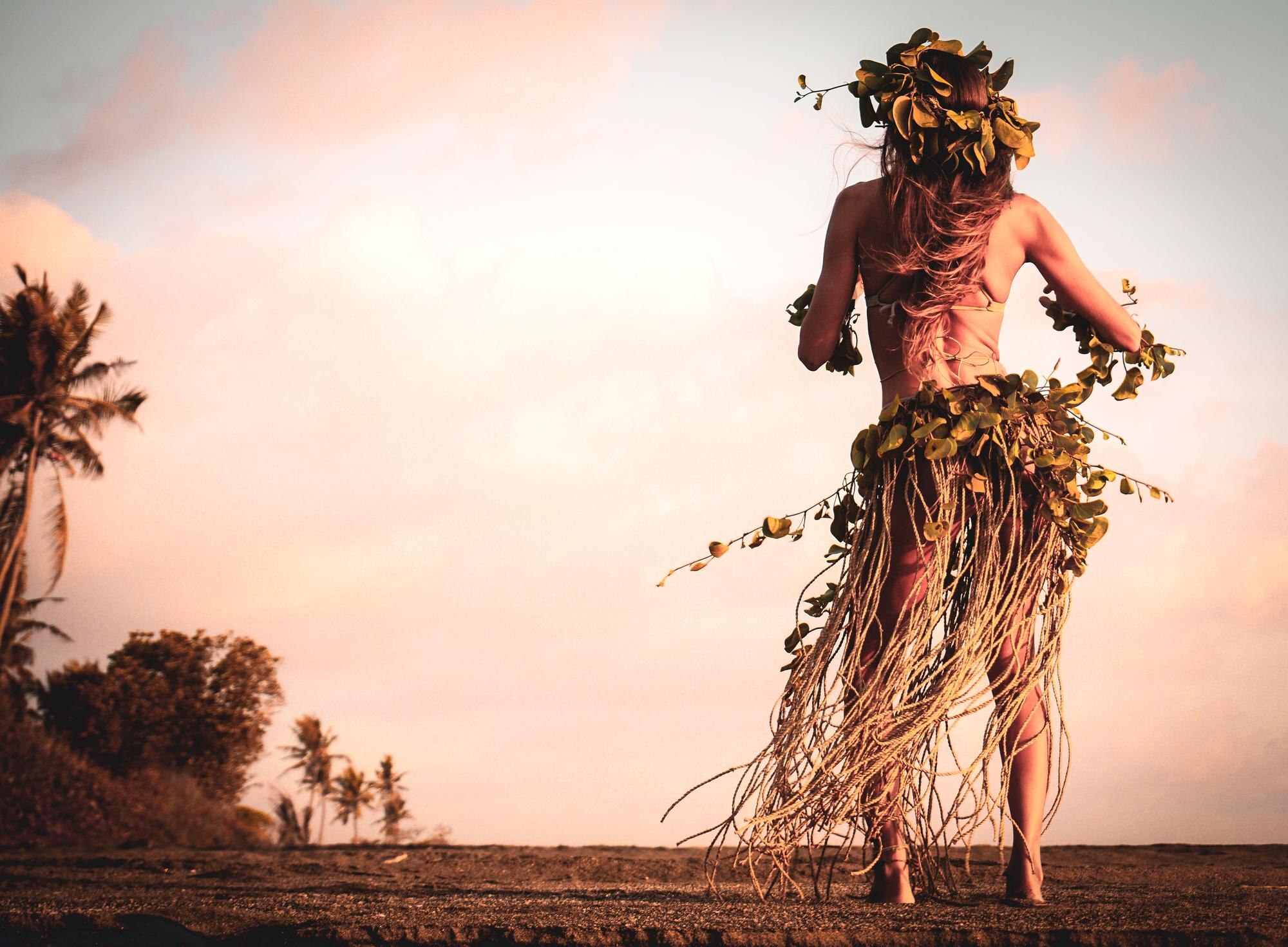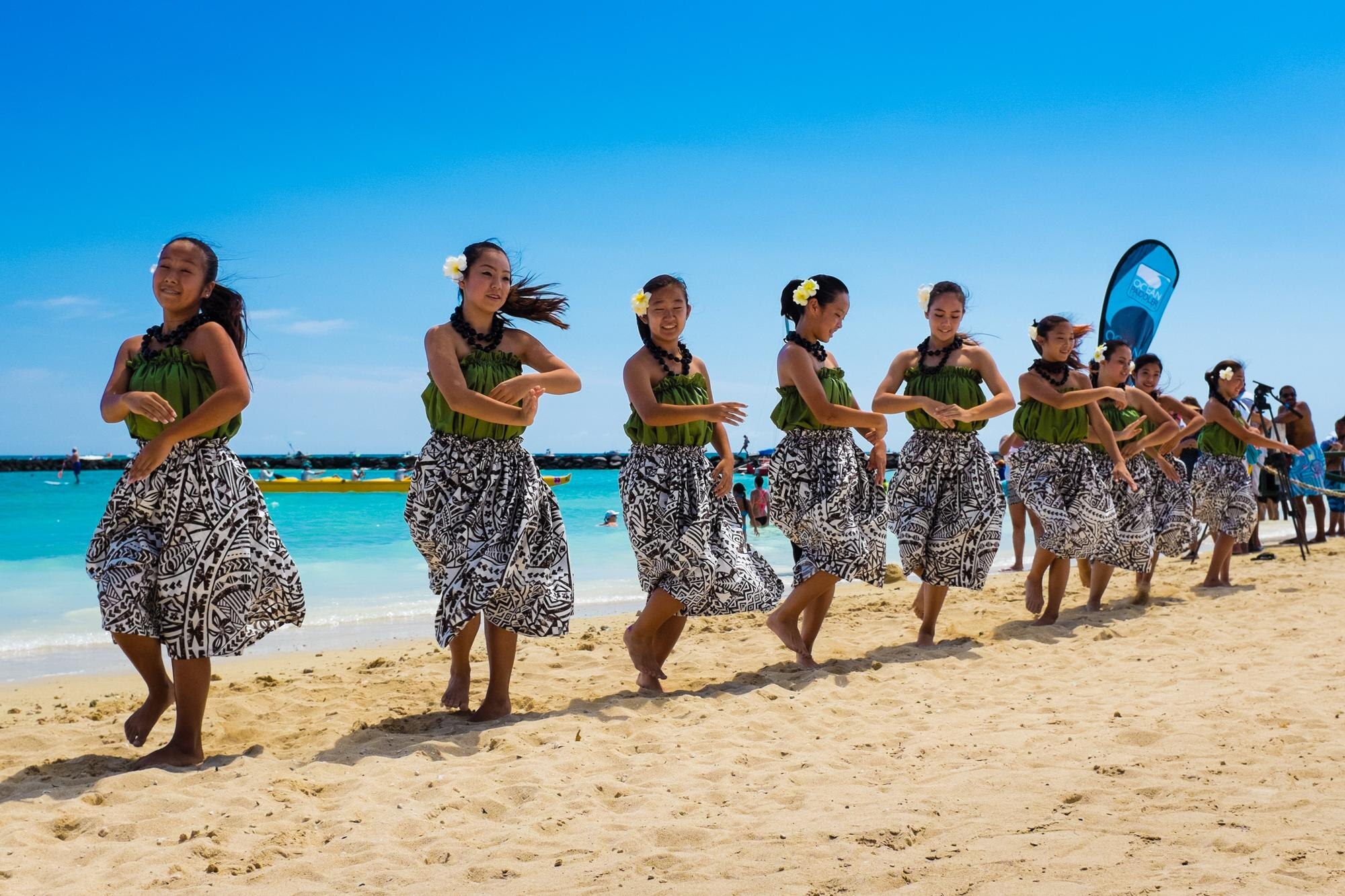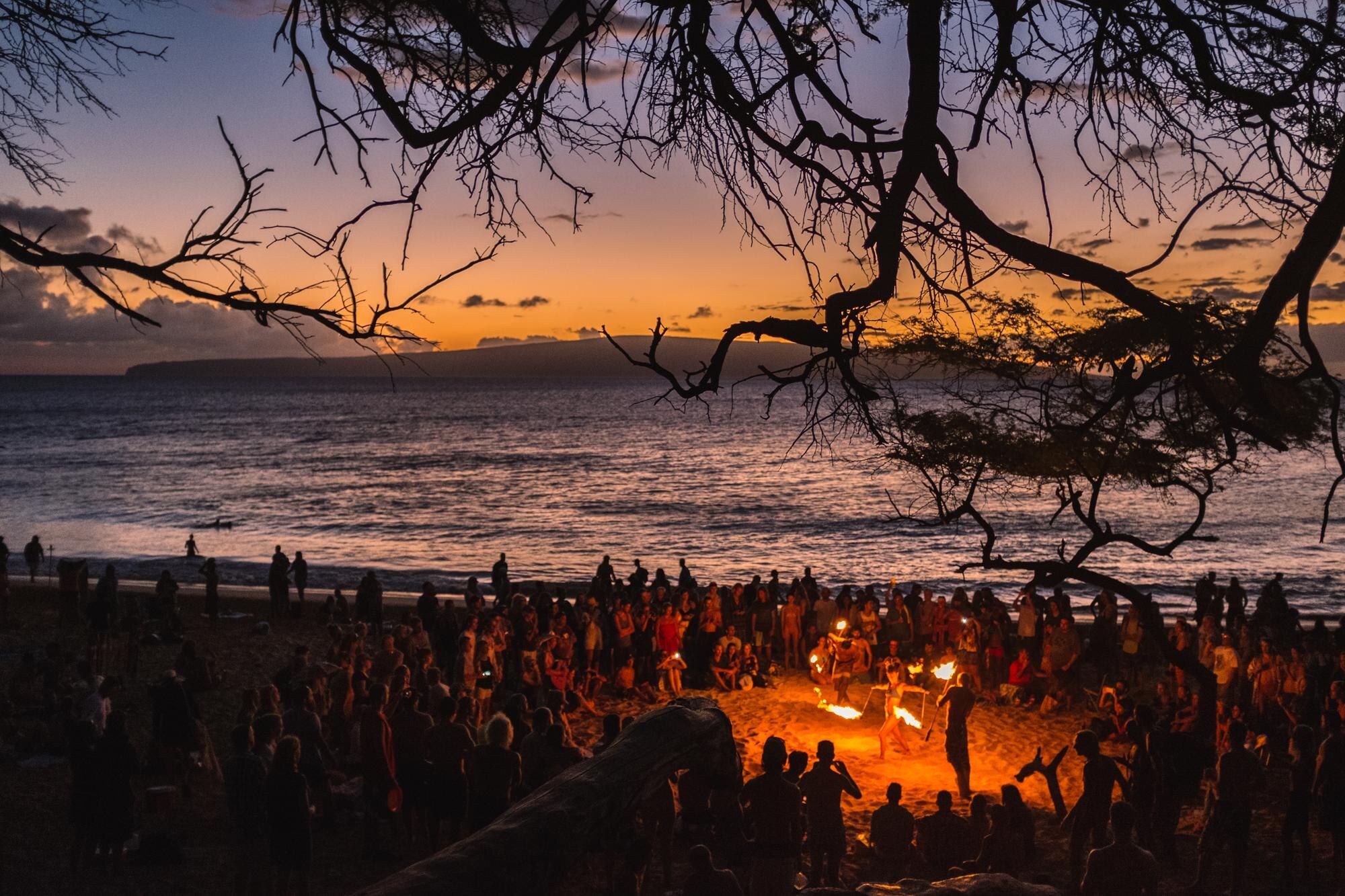Exploring the Fascinating World of Hawaiian Rituals and Ancestral Traditions
Aloha! Get ready to be captivated by the enchanting world of Hawaiian spirituality and ancient Hawaiian practices that have shaped the islands' vibrant culture. From mesmerizing hula dances that tell powerful stories to the profound significance of traditional ceremonies, Hawaii offers a spiritual journey unlike any other. Imagine walking along Waikiki Beach, feeling the gentle ocean breeze, while the rich tapestry of Hawaiian ancestral traditions weaves a sense of wonder around you. Whether you're an adventure seeker eager to explore or a curious traveler drawn to the magic of Hawaiian rituals, this guide will illuminate the timeless wisdom and deep-rooted customs that make spirituality in Hawaii truly unique.
Introduction to Hawaiian Spirituality
The spiritual essence of Hawaii is deeply rooted in the island's history and culture. Hawaiian spirituality is a unique blend of ancient beliefs and the natural world, forming a harmonious relationship that continues to thrive today. Let's delve into the origins of these practices and the significant role nature plays in these rituals.
Origins of Ancient Hawaiian Practices
Ancient Hawaiian practices stem from the Polynesian settlers who brought their spiritual beliefs to the islands. These early settlers believed in a range of gods and goddesses that governed various aspects of life and nature. Mana, a spiritual energy believed to reside in all things, was central to these beliefs.
From everyday life to significant events, spiritual practices were interwoven with Hawaiian culture. Rituals often involved chants, offerings, and ceremonies designed to honor the gods and ask for prosperity and protection. Many of these traditions have been passed down through generations, maintaining their presence in modern Hawaiian society.
To understand the depth of Hawaiian spirituality, it's essential to explore its origins and how these ancient beliefs have shaped contemporary practices on the islands.
Influence of Nature on Rituals
Nature plays a profound role in Hawaiian rituals, with the islands' stunning landscapes serving as both backdrop and participant in spiritual ceremonies. The mountains, oceans, and forests are considered sacred, embodying the spirits of gods and ancestors.
For instance, the ocean is not just a physical entity but a spiritual one, believed to be a source of life and renewal. Many rituals, such as hiuwai (a cleansing ceremony), take place at the water's edge, emphasizing the ocean's purifying qualities.
Hawaiians view nature as a powerful force that must be respected and honored. This reverence is evident in their rituals, which often include elements like flowers, leaves, and water. For more insights into how nature influences these practices, check out this guide.
Key Hawaiian Rituals
 Hawaiian rituals are rich with tradition and significance, offering a glimpse into the island's spiritual heart. From the rhythmic movements of the sacred hula dance to the healing power of traditional medicine, these practices form the core of Hawaiian spirituality.
Hawaiian rituals are rich with tradition and significance, offering a glimpse into the island's spiritual heart. From the rhythmic movements of the sacred hula dance to the healing power of traditional medicine, these practices form the core of Hawaiian spirituality.
The Sacred Hula Dance
The hula dance is more than just a performance; it is a spiritual expression that tells stories of the past and honors the gods. Each movement, chant, and facial expression is imbued with meaning, passing down legends and history from generation to generation.
Hula is divided into two main categories: Hula Kahiko, the ancient style, and Hula ‘Auana, the modern style. Hula Kahiko involves traditional instruments like drums and chants, while Hula ‘Auana incorporates modern melodies and instruments like the ukulele.
The dance is an integral part of Hawaiian festivals and ceremonies, symbolizing the connection between people, nature, and the divine. To learn more about the sacred hula, explore Hawaii's cultural traditions.
Traditional Hawaiian Healing Practices
Traditional Hawaiian healing practices, such as Lā‘au Lapa‘au, focus on holistic well-being, using native plants and spiritual guidance to treat ailments. These practices are deeply connected to nature, relying on the island's rich biodiversity.
Lā‘au Lapa‘au practitioners use knowledge passed down through generations to prepare herbal remedies. This form of healing emphasizes balance and harmony between mind, body, and spirit.
In addition to herbal medicine, practices like Lomi Lomi massage and Ho‘oponopono (a form of conflict resolution) are also vital components of Hawaiian healing traditions. For more on these practices, this resource provides a detailed overview.
Spirituality in Hawaii Today
 Hawaiian spirituality continues to thrive, adapting to modern times while staying true to its roots. Today, contemporary interpretations and spiritual festivals celebrate the enduring legacy of ancestral traditions.
Hawaiian spirituality continues to thrive, adapting to modern times while staying true to its roots. Today, contemporary interpretations and spiritual festivals celebrate the enduring legacy of ancestral traditions.
Modern Interpretations of Ancestral Traditions
Modern Hawaiians find innovative ways to keep their ancient traditions alive, blending them with contemporary life. This blending ensures that these practices remain relevant and accessible to new generations.
Today, many Hawaiians practice spirituality by incorporating traditional elements into daily life, such as using Hawaiian language in prayers or participating in communal gatherings that celebrate cultural heritage.
The fusion of past and present creates a dynamic spiritual landscape, where ancestral traditions are honored and reimagined. To explore how these traditions are interpreted today, visit this guide.
Spiritual Festivals and Events
Hawaii hosts numerous spiritual festivals and events that celebrate its rich cultural heritage. These gatherings offer a chance to experience Hawaiian spirituality firsthand through music, dance, and traditional ceremonies.
The Merrie Monarch Festival, for example, is a week-long hula competition that draws participants from around the world. The festival celebrates the art of hula and its cultural significance.
Such events provide an opportunity for both locals and visitors to engage with Hawaiian traditions, fostering a deeper understanding of the island's spiritual roots. Discover more about these events on this website.
Exploring Hawaiian Ancestral Traditions
 The ancestral traditions of Hawaii are a treasure trove of stories and rituals that provide insight into the island's history and beliefs. Storytelling and ancestral worship are cornerstones of these practices, offering a window into the past.
The ancestral traditions of Hawaii are a treasure trove of stories and rituals that provide insight into the island's history and beliefs. Storytelling and ancestral worship are cornerstones of these practices, offering a window into the past.
Importance of Storytelling in Hawaiian Culture
Storytelling is a vital part of Hawaiian culture, serving as a means of preserving history and imparting wisdom. Through chants, songs, and oral narratives, stories are passed down, keeping the spirit of ancestors alive.
These stories often feature gods, demi-gods, and historical figures, highlighting the values and lessons important to Hawaiian society. Storytelling events are common at cultural gatherings, where elders share their knowledge with the younger generation.
By embracing storytelling, Hawaiians maintain a connection to their past, ensuring that ancestral wisdom continues to inform and inspire future generations. For a deeper dive into these traditions, explore this resource.
Role of Ancestral Worship in Spiritual Practices
Ancestral worship is a foundational aspect of Hawaiian spiritual practices, reflecting the belief that ancestors continue to influence the living world. Hawaiians honor their ancestors through offerings, prayers, and ceremonies that affirm their presence and guidance.
This practice acknowledges the interconnectedness of past, present, and future, emphasizing respect for one's lineage and heritage. Ancestral altars, called kuahu, are often found in homes, serving as a focal point for family worship.
By integrating ancestral worship into daily life, Hawaiians ensure that their spiritual practices remain rooted in tradition and familial bonds. For more on ancestral worship, visit this site.
Planning Your Spiritual Journey in Hawaii
Embarking on a spiritual journey in Hawaii offers a unique opportunity to connect with the island's rich cultural heritage. Key spiritual sites and respectful engagement with local customs are essential aspects of this experience.
Must-Visit Spiritual Sites
Hawaii is home to numerous spiritual sites that offer insight into its ancestral traditions. These locations provide a glimpse into the island's spiritual landscape, from sacred temples to natural wonders.
- Pu‘uhonua o Hōnaunau National Historical Park: A place of refuge and spiritual significance, where ancient laws were enforced and broken kapus (taboos) were forgiven.
- Mauna Kea: A sacred mountain revered as a connection between earth and sky, offering breathtaking views and spiritual significance.
- Iolani Palace: The only royal palace in the United States, serving as a symbol of Hawaii's monarchy and cultural heritage.
Visiting these sites allows for a deeper understanding of Hawaiian spirituality and its enduring legacy. For more information on spiritual locations, explore this guide.
Tips for Respectful Cultural Engagement
Respectful engagement with Hawaiian culture is crucial for a meaningful spiritual journey. Here are some tips to ensure a respectful and enriching experience:
- Learn and use basic Hawaiian phrases: A simple gesture that shows respect for the local language and culture.
- Participate in cultural activities: Attend hula performances, visit museums, and engage with local artisans.
- Understand and follow local customs: Respect sacred spaces, ask for permission before taking photos, and adhere to cultural protocols.
- Support local communities: Choose local businesses and artisans to support the sustainability of Hawaiian culture.
By following these guidelines, visitors can ensure a respectful and rewarding experience that honors the spirit of Hawaii.
